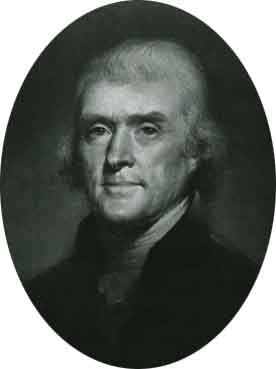Matthew Ellor Dr. Justin Rogers-Cooper
Eng 101 Final
Cluster Connection to MLK Jr.
During this semester I was part of a cluster class with a central focus on Human rights. We examined in depth the language of human rights and discussed how it can affirm, deny, or limit rights of citizens. We reviewed many topics in regards to human rights through literature in which we looked into times of slavery as well as the civil rights and economic movements, in linguistics we learned about the development of language, and in our political science class we discovered how law and lack of law plays major roles in the destruction or advancement of our rights.
Human Rights are protections, liberties, and freedoms that belong justifiably to all humans as citizens of the world and are awarded to us at birth. These rights have been put in to place to protect all of the world’s citizens in particular the neglected and least protected ones. These protections of rights can be found in many countries such as The United States of America in which the amendments in the Bill of Rights attempt to help ensure the safeguard of these indispensable rights. In the late 1940’s after the Second World War, the United Nations general assembly created the Universal Declaration of Human Rights (UDHR) which consists of 30 articles, which issued all humans their fundamental and necessary freedoms without restriction to sex, race, religion, or political view point. Language plays many key roles in human rights, it articulates our goals in order to be understood by those it aims to protect and it makes sure that these rights are intelligible and accessible to all. It also is by far one of the strongest tools we have in this world, it can be as strong or as weak as the person speaking makes it. If your statement/s are well organized, thought out, firm, fixed, determined, and expressed strongly and vigorously it will have the capability to move and affect people in a way nothing else can come near to. Language has the talent to be that powerful.
Martin Luther King Jr. was the leader of a non-violent movement which was in pursuit for racial, social, and economic justice for all. He used language on a constant basis when referring to and fighting for the basic and fundamental human rights as well as, constitutional and God given rights for the movement. In particular the Black race, who in The United States of America were and had been a neglected and unprotected class of people. King Jr. was a very clear, fluent, coherent, intelligible, understandable, and well-spoken man, who knew how to speak to and work a crowd. His language was so eloquent, expressive, and meaningful that he was able take all the fear out of events that would seem so scary and could cause such terror and concern. No matter what the situation, if the movement was faced with violence it always reacted with non-violent methods and practices. They held strikes, boycotts, protests, and marches to spread their message of equality and non-violent action. Martin Luther King Jr. knew the only way to win what I consider to have been a war on segregation of race and class were these non-violent tactics and theories. In an MLK Jr. essay titled Nonviolence and Racial Justice written in 1957 he talks about these practices of nonviolence, such as to not be physically aggressive towards the opposition, nor try to humiliate and defeat them but persuade them they are mistaken, stay spiritually, emotionally, and mentally active, attempt to win over their understanding and friendship, and most of all give them love and compassion because they are not evil but victims of evil themselves.
As we come to the end of the semester I really have a great insight now into the rights and freedoms King Jr. so strongly fought for and the language he used to acquire what we deem to be our basic, constitutional, God given rights. Language is everywhere and can affect everything. We need language to communicate to us what our rights, freedoms, and liberties are. Language is golden, and I thanks to my classes will never take language for granted again.




